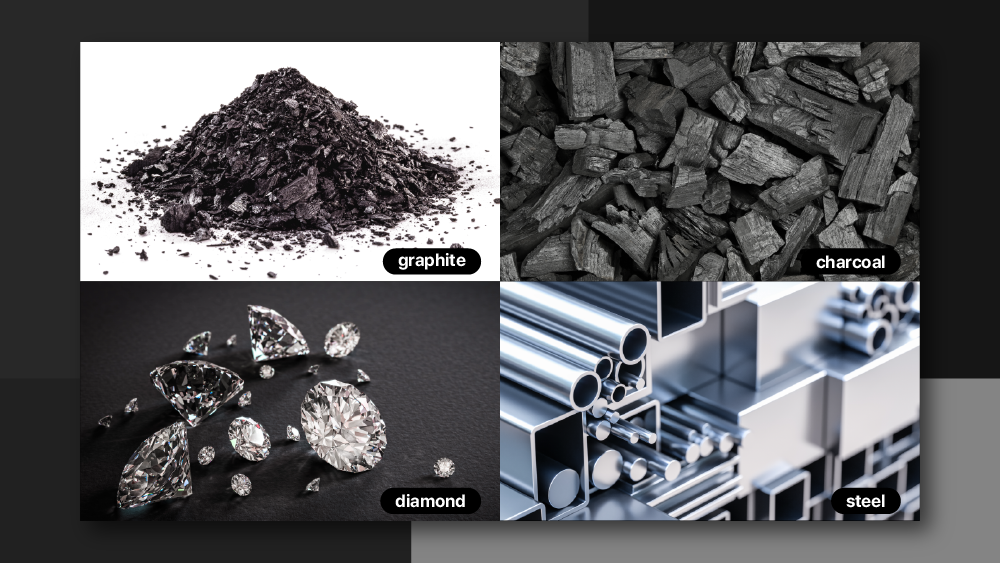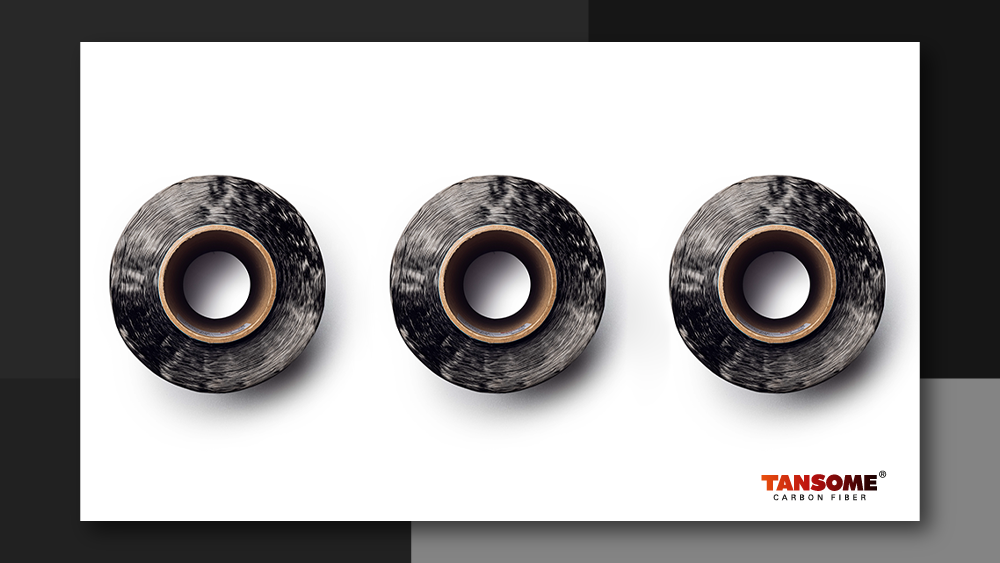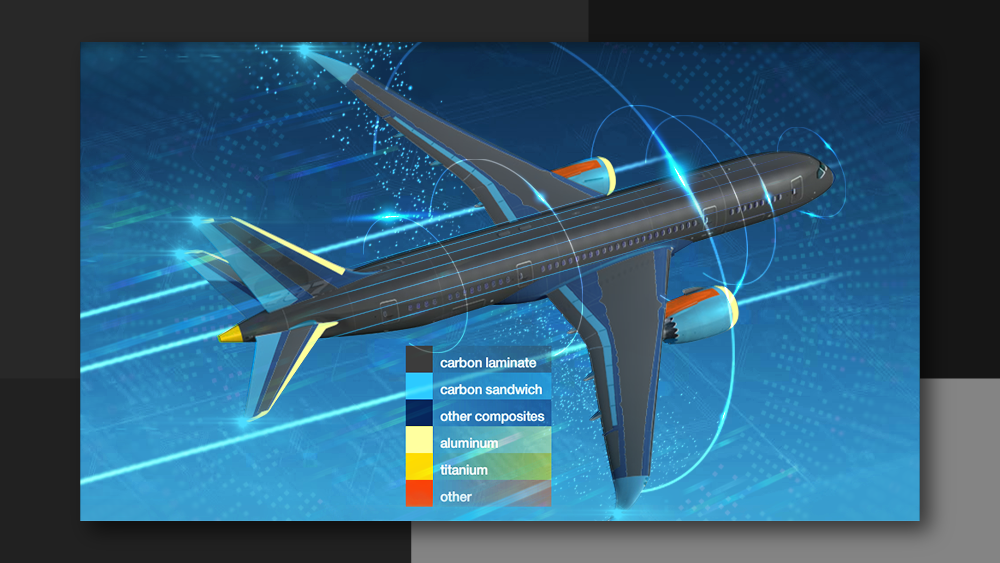Hyosung's Carbon Fiber, Encompassing the Future of Our Nation
2023.06.23
In science fiction, films, and novels, vehicles soaring through the skies and autonomously transporting passengers were envisioned as extraordinary modes of transportation. Since automobiles have an essential means of transportation for humanity, they have consistently evolved and will continue to progress. What materials could comprise the future cars? It will be necessary to develop a new substance that is lightweight, sturdy, and comfortable.
Hyosung Advanced Materials invests in the value of automobiles, essential to our lives, with a vision for the future. By providing various products and solutions to all users, they strive to enhance safety and protect lives from numerous dangers, including environmental destruction. Furthermore, they endeavor to offer the comfort of one's living room and the functional ease of their products, thus elevating convenience in daily life.
Hyosung's cutting-edge materials are being developed with a focus on the safety and comfort that all users desire.

The 'Carbon' that Humanity Has Embraced
How are advanced materials evolving? In human history, many materials have been utilized, propelling remarkable progress. Among them, carbon has been a covert champion of our advancement, with its applications extending into modern times. Iron has indeed played a crucial role in human advancement, blossoming like a flower from the flames of civilization. However, pure iron is weak in strength and hardness and vulnerable to deformation under minimal force. Carbon is the element that gives iron its strengths. Steel contains a certain amount of carbon and has profoundly influenced human progress. In contemporary times, carbon use has expanded exponentially. Carbon-based materials, which are more robust and lighter than traditional materials, have secured their position as key components in pioneering the future.
Hyosung has recognized the power of carbon, an element with a broad range of applications and an infinite potential for combinations, and has seen its history and future.
Hyosung, Pioneering the Development of New Materials
Hyosung has long led the industry, driving the acquisition of original technology and the development of new materials with an unyielding spirit of self-improvement. In line with Chairman Cho Hyun-Joon's conviction that technology should be a source of pride within the company, Hyosung has spurred growth through various new material developments. This began with the domestic production of the nation's first nylon fiber in the 1960s.
Hyosung Advanced Materials manufactures high-strength industrial yarns, fabrics, and wire materials applicable across diverse industries, including automobiles, civil engineering, architecture, agriculture, and defense. In particular, it is honing the development and evolution of carbon fiber, aligning its advancements with those leading nation worldwide. What is it about carbon fiber that makes it so popular?

Carbon Fiber: Born for the Future
The quest to create a strong, lightweight material using carbon began early. Steel, which was instrumental in propelling the Industrial Revolution, is durable and cost-effective, making it indispensable in various industries. However, it has shortcomings, including a tendency to rust and significant weight. Therefore, the need for specialized materials arouse, particularly for space and military rocket development. Carbon fiber was first recognized in the late 19th century when Edison invented a carbon filament for incandescent lamps, and it was eventually industrialized in 1959.
Today's carbon fiber undergoes a transformation process known as 'carbonization.’ This process involves converting a 'precursor' filament into carbon fiber through a high-temperature oxidation and carbonization. producing a dense, crystalline form of carbon. The final product-carbon fiber-weighs approximately a quarter of steel yet boasts ten times the strength and seven times the elasticity. Moreover, its superior durability, excellent electrical and thermal conductivity, high corrosion resistance, and outstanding X-ray transparency, make it an incredibly versatile material across various industries.
Hyosung's Carbon Fiber TANSOME® Emerges
Hyosung foresaw the future potential of carbon fiber early on. Determined to develop pioneering materials that could drive the future, the company initiated research in the early 2000s. By 2011, Hyosung had secured the fourth worldwide carbon fiber production technology, following the United States, Japan, and Germany. This led to construction of a production base in Jeonju in 2013, capturing South Korea into the limelight as a global powerhouse in carbon fiber production. Before Hyosung's entry, the majority of global carbon fiber production was dominated by advanced nations such as Japan, Germany, and the United States. However, Hyosung’s audacious investments in securing future value and improving production technology have positioned it as a symbol of South Korea's might in material production.

Hyosung's carbon fiber TANSOME® is renowned for its superior strength and stability and finds applications in various products across different industries. It plays a crucial role, particularly in eco-friendly energy sectors, is used in CNG and high-pressure hydrogen vessels, and is recognized as a key material for pioneering future industries and space industries. In addition, TANSOME® contributes our planet and promote sustainability by producing eco-friendly renewable energy, such as improving fuel efficiency through vehicle weight reduction and constructing wind turbine blades.
The Future of Materials: Hyosung's TANSOME®
Hyosung's TANSOME® continues to evolve, embodying infinite possibilities. Its use is set to increase across many industries as they develop. These include applications for high-pressure hydrogen fuel tanks, aerospace, wire core materials, wind power generation, sports and leisure, general industry, automobiles, and civil engineering and architecture. With its unique properties, TANSOME® will undoubtedly play an integral role in these sectors.
Hyosung remains relentless in its pursuit of innovation. Committed to developing carbon fibers that are both stronger and lighter, Hyosung’s groundbreaking ultra-high-strength carbon fiber 'H3065' developed in 2022, underscores South Korea's leading position in the field of carbon material production. fibers. Furthermore, with plans to expand annual carbon fiber production to 24,000 tons by 2028, Hyosung aims to establish South Korea as a global force in carbon materials.
From South Korea to the world, from the present into the future, the infinite value of Hyosung's TANSOME® is poised to persist and grow.